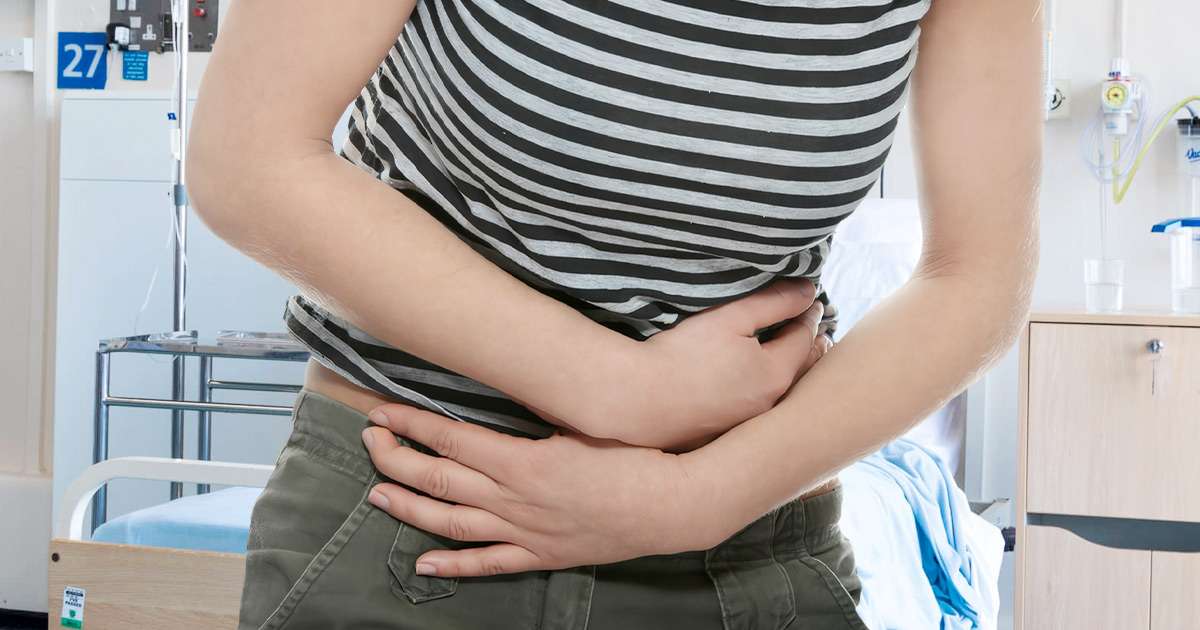Augmentin For Diverticulitis Treatment and Other Antibiotic Options

Selecting the right antibiotics is important to treat diverticulitis well, helping to fight the usual germs and avoid making things worse. Augmentin for diverticulitis is one of those antibiotics used, but it’s usually taken along with other types of antibiotics.
What is diverticulitis?
Diverticular disease is a condition that affects the colon, causing both noticeable and unnoticed issues due to the presence of small pouches in the colon wall. These pouches can form when a person doesn’t eat enough fiber and doesn’t stay active. It’s estimated that around 85 percent of people with these pouches don’t experience any symptoms.
If someone has symptoms but no signs of inflammation, doctors usually have to rule out other problems, and they do this by using a special procedure called a colonoscopy because regular tests can’t tell how serious the pouches are. Taking extra fiber might help prevent these symptoms from getting worse or make people feel better if they don’t have inflammation.
When there is inflammation, doctors use a type of scan called a CT scan to make a diagnosis. The first treatment for the inflammation usually involves antibiotics, such as amoxicillin for diverticulitis, that target specific types of bacteria. Whether someone gets treated in the hospital or at home depends on how they’re doing and if they can eat.
If the usual treatments don’t work or if someone keeps having problems, the doctor might suggest surgery. It’s also important to talk about surgery right away if there are signs of pus buildup, abnormal connections between organs, something blocking the way, or a hole in the colon.
The Best Antibiotics for Diverticulitis
Apart from Augmentin for diverticulitis treatment, two other antibiotics can help you manage diverticulitis effectively. Pairing antibiotics with changes in how you live, like eating more fiber and staying active, can boost how well diverticulitis is treated and stop it from happening again.
The antibiotics chosen for dealing with serious cases of diverticulitis can differ based on how bad the infection is in the large intestine. Usually, doctors prescribe two or more combinations of different antibiotics to fully treat complicated diverticulitis.
Augmentin (Amoxicillin/Clavulanic Acid) Combination
Augmentin, a blend of two medications—Amoxicillin (a penicillin antibiotic) and clavulanic acid (a beta-lactamase inhibitor)—is a powerful choice for treating diverticulitis.
Amoxicillin does its job by halting the creation of cell walls in the bacteria that cause infection, preventing their spread. Clavulanic acid, on the other hand, acts as a guard for amoxicillin, stopping the bacteria from breaking it down, thereby boosting its effectiveness.
Depending on your doctor, they might prescribe a 500mg dosage of amoxicillin for diverticulitis together with metronidazole and gentamicin. Determining the right Augmentin dose for diverticulitis is essential to achieving better results.
Metronidazole
Metronidazole falls under the category of medications known as nitroimidazoles and is commonly included in a combination of drugs for treating diverticulitis. Typically, metronidazole operates by disrupting the production of proteins in bacteria, causing their cells to die off permanently.
Doxycycline
Doxycycline is part of the tetracycline drug class and is particularly effective for complex cases of diverticulitis. Tetracyclines work by stopping the production of proteins in bacteria, hindering their ability to multiply.
These medications need special care during pregnancy. They’re not recommended for pregnant women because they pose risks like potential liver damage (hepatotoxicity) in the mother, as well as permanent discoloration of the growing baby’s teeth, giving them a yellowish tint, and potential issues with bone growth.
Trimethoprim/Sulfamethoxazole
This is a pairing of two medications that team up to create a stronger impact for treating diverticulitis effectively. Trimethoprim stops a bacterial enzyme called dihydrofolate reductase from doing its job. This stops the production of folic acid. Meanwhile, sulfamethoxazole interferes with an enzyme crucial in the creation of bacterial folic acid. Both of these actions reduce folic acid effectively, leading to better treatment for complex diverticulitis.
Ciprofloxacin
Ciprofloxacin, also known as Cipro, is in a group of antibiotics called fluoroquinolones and is commonly used to treat diverticulitis. It functions by stopping a specific enzyme in bacteria called “gyrase,” which is crucial for their DNA replication.
This medication is available in various forms, from regular tablets to extended-release capsules. Typically, diverticulitis is prescribed in doses ranging from 250 to 750 mg every 12 hours for about 14 days. Sometimes, it’s used alongside Metronidazole, depending on how severe the infection is.
Clindamycin
Clindamycin is part of the antibiotic class known as “lincomycins” and functions by disrupting the production of proteins in bacteria.
How long do antibiotics work?
The duration of treatment varies based on the type and seriousness of the illness. For example, if it’s a mild case of diverticulitis, sometimes it’s okay to wait for about 3–5 days, as it might resolve on its own without antibiotics.
However, with a more severe or complex form of diverticulitis, the treatment period could extend to around 17–20 days for a full recovery.
How to Treat Diverticulitis Aside from Antibiotics
Intense or complex diverticulitis often leads to discomfort, and these commonly recommended options can help manage it:
- Opting for a liquid diet to give the colon a break and reduce pain.
- Taking antibiotics to address the infection.
- Consider NSAIDs or opioids for pain relief.
Use Augmentin for Diverticulitis Along with Other Medications for Relief
For comprehensive guidance on managing diverticulitis, understanding the best antibiotics is crucial. Augmentin, Metronidazole, Doxycycline, Trimethoprim/Sulfamethoxazole, Ciprofloxacin, and Clindamycin are key choices. These medications operate differently but aim to halt bacterial activity effectively. It’s important to tailor treatment to the severity of the condition and always consult a healthcare professional. Remember, in addition to antibiotics, lifestyle adjustments play a significant role in managing diverticulitis. Prioritize a well-rounded approach to treatment for the best outcomes.

